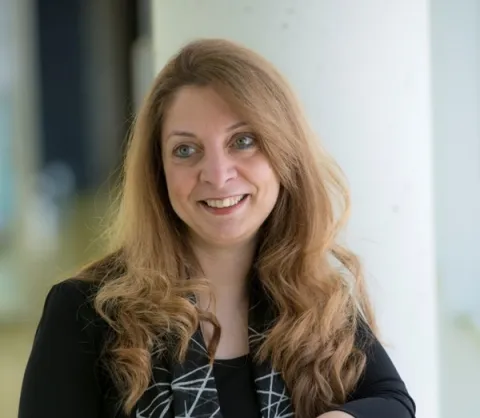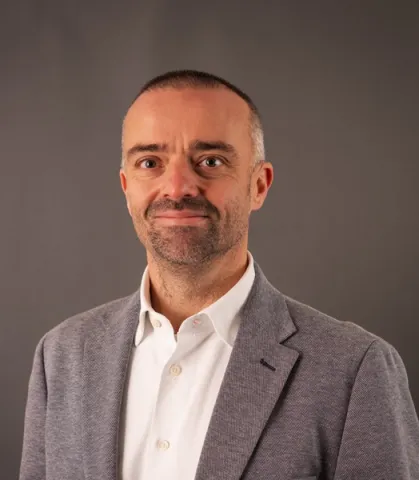Project overview
This project focuses on the role of international migration in (dis-)connecting generations in the UK and globally. The research investigates the intergenerational transmission of economic outcomes and values such as education, income, consumption, welfare dependence and work ethics, as well as norms such as trust, political participation and social attitudes.
The research tests whether changes in migration patterns widen or narrow the gap between generations. Using data from censuses and surveys, including Understanding Society, it looks at the importance of inequality of income, opportunities and well-being in creating this gap.
The research compares natives and migrants, as well as first and second/third generation migrants, in terms of their inter- and intra-generational gaps. The work improves understanding of whether migrants, in particular second-generation migrants, are well integrated and how they fare in terms of (in)equality compared to first generation migrants and natives.
The research is of relevance to policymakers concerned about the role of migration, in particular in within the Home Office and Treasury. The findings are also useful for local government and councils interested in fostering better cohesion and participation by typically excluded groups.
This research project is funded through the ESRC Centre for Population Change Connecting Generations, directed by Professor Jane Falkingham. This project is jointly led by Professor Jackline Wahba and Professor Corrado Giulietti with Dr Valentina Di Iasio .
The research tests whether changes in migration patterns widen or narrow the gap between generations. Using data from censuses and surveys, including Understanding Society, it looks at the importance of inequality of income, opportunities and well-being in creating this gap.
The research compares natives and migrants, as well as first and second/third generation migrants, in terms of their inter- and intra-generational gaps. The work improves understanding of whether migrants, in particular second-generation migrants, are well integrated and how they fare in terms of (in)equality compared to first generation migrants and natives.
The research is of relevance to policymakers concerned about the role of migration, in particular in within the Home Office and Treasury. The findings are also useful for local government and councils interested in fostering better cohesion and participation by typically excluded groups.
This research project is funded through the ESRC Centre for Population Change Connecting Generations, directed by Professor Jane Falkingham. This project is jointly led by Professor Jackline Wahba and Professor Corrado Giulietti with Dr Valentina Di Iasio .

